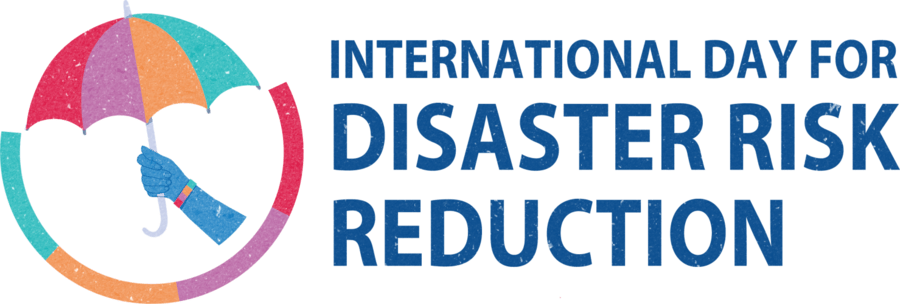Should I stay or should I go now? Why communication is the critical component in disaster prevention
Even with the global sharing of data and sophisticated satellite systems that can flash messages around in the world in seconds – why do early warning systems still fail?
It’s because information is only useful if you understand what it means and know what actions and decisions to make.
Even the most sophisticated models and advanced early warning systems will be rendered ineffective if information isn’t communicated clearly, timely, and the recipients don’t know what to do with it. The same applies to COVID-19 and other hazards risk reduction: the ability to successfully communicate natural hazard forecasts to at risk communities and stakeholders is crucial.
Different government responses towards COVID-19 demonstrate that communicating risk, clarity of roles and information, and the inclusion of the full range of multi-disciplinary experts who understand people’s behavioural drivers in a crisis and their social settings is critical in designing and implementing effective risk communication frameworks.
Panellists:
- Helen Clark, Global Leader in Sustainable Development and Gender Equality, Former Prime Minister of New Zealand;
- Bapon Fakhruddin, Technical Director - DRR and Climate Resilience Tonkin+Taylor;
- Lisa Robinson, Head of Advisory BBC Media Action;
- Loretta Hieber Gorardet, Chief of Regional Office for Asia and the Pacific United Nations Office for DRR.
Time: 5pm New Zealand
